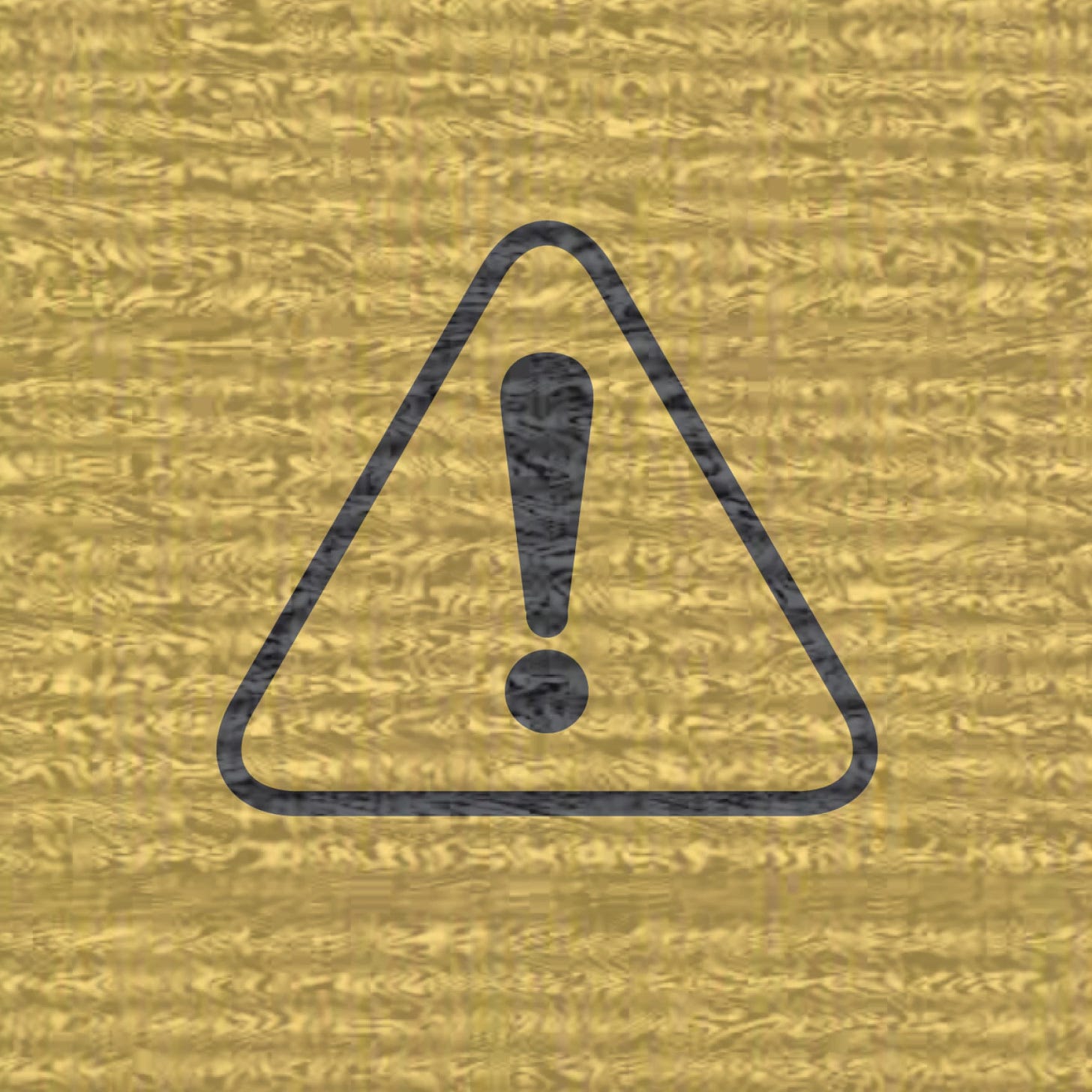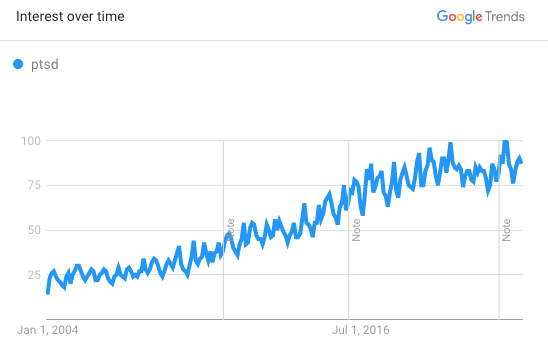Personal Science Week - 15 Dec 2022
Trigger warnings, testing smart watches, and recent links of interest
This is your weekly summary, published each Thursday, of ideas and techniques that we've found helpful for Personal Science. We think science is something that everyone should do, rather than leave it all to the professionals.
Testing smart watches
If you’re interested in tracking your heart rate, Apple Watch is your best bet:
Andrew Steele (in a well-done 15-minute YouTube summary) uses personal experiments to conclude that smart wearables like the Apple Watch are reasonably accurate. Also see the accompanying short breakdown of how the electronics work.
See (Düking et al., 2020) for a well-done study of fitness trackers that concludes that for heart rate Apple Watch is best, but nothing works well for energy expenditure.
Nobody can beat post-doc researcher Rob ter Horst for his YouTube reviews, including one where he also joins the chorus of those who show Apple Watch is the most accurate. (We did a closer look at his other videos in Personal Science Week - 16 Jun 2022)
Trigger Warnings
At a recent biohacker meetup, two military veterans shared the positive results they experienced using psychedelics to treat post-traumatic stress syndrome (PTSD). We'll discuss psychedelics in more detail in a future post, but meanwhile I have a deeper question: what makes PTSD different from other kinds of trauma?
Imagine finding yourself in unfriendly territory, surrounded by well-armed people who sincerely want to kill you — perhaps after they capture and torture you. Every moment, even during apparent calm whether awake or asleep, is fraught with the imminent likelihood that you are milliseconds away from the most chaotic and dangerous event of your life. Imagine living like this for weeks or months without a minute’s break, perhaps regularly interrupted with unfriendly gunfire or worse. It seems entirely natural that anyone could come out of this experience forever affected with deep, uncontrollable nervousness, depression, or worse. The trauma is literally unimaginable to somebody who hasn’t experienced it.
The question, then, is not why PTSD is common — that seems obvious — but why do we seem to pay more attention to it now than in the past? Stress in a modern war situation is undeniable, but haven’t humans — particularly males — faced this throughout history? Even the worst fighting today can’t compare to the hand-to-hand combat that would have been the lot of most males at some point in their lives, for millions of years. Of course, females had their own forms of trauma to worry about, it would be hard to argue that today’s stressors are worse. Shouldn’t we have evolved mechanisms to cope?
Here’s my theory (please, show why I’m wrong!): something about past societies were far more understanding of people who experienced trauma, and therefore provided implicit support in ways that too many of us have forgotten.
Case in point: Recently it’s become all-too-common for speakers and events to wrap disturbing content with a “trigger warning”, supposedly a kind way to allow sensitive people to feel safe from sudden exposure.
Reviewers at the Chronicle of Higher Education “The Data Is In — Trigger Warnings Don’t Work” point to these trigger warnings as not only ineffective, but counter-productive. You actually harm people by making such warnings. Confirmed in this detailed literature review from June 2020.
Could it be that what has changed is not the trauma itself, but society’s reaction to it? As well-intended as many of these trigger warning might be, perhaps our newly-found cultural aversion to confront stressful situations is itself responsible for the rise in people suffering?
I propose a quick test to see if an author or topic is beholden to true scientific inquiry: if it comes with a “trigger warning”, assume you should double-up on your skepticism that the rest of content will truly challenge you.

Recent Links of Interest
Longevity and personal health scientist Nathan Price, in Scientific American, summarizes the products and companies worth following in personalized health.
Dan Shipper at Every.to summarizes how one expert uses the latest AI tools. Linus Lee is an AI engineer who’s been using tools like ChatGPT, Elicit, and others for his own productivity.
Patrick McKensie writes how difficult it was to set up a web site for information about where to get a COVID vaccine. More evidence of what Personal Scientists are up against.
About Personal Science
Personal Scientists are skeptical about everything. It's in our motto: Nullius in verba, the 1660 motto of the Royal Society: "take nobody’s word for it".




Hand-to-hand combat is certainly traumatic, but days or weeks of "I could get randomly blown up any moment" might be worse in some ways? Also, soldiers with "shell shock" used to be executed...